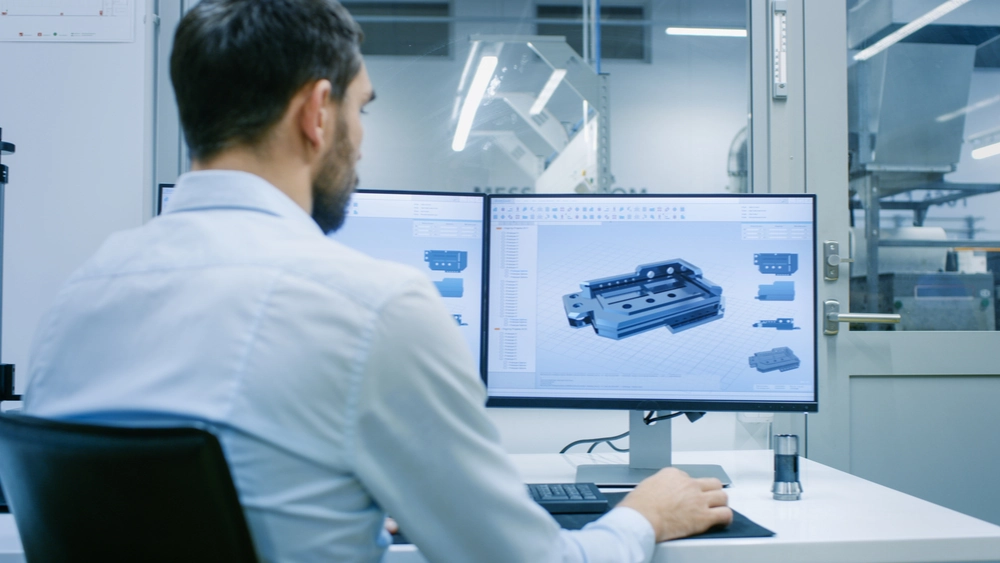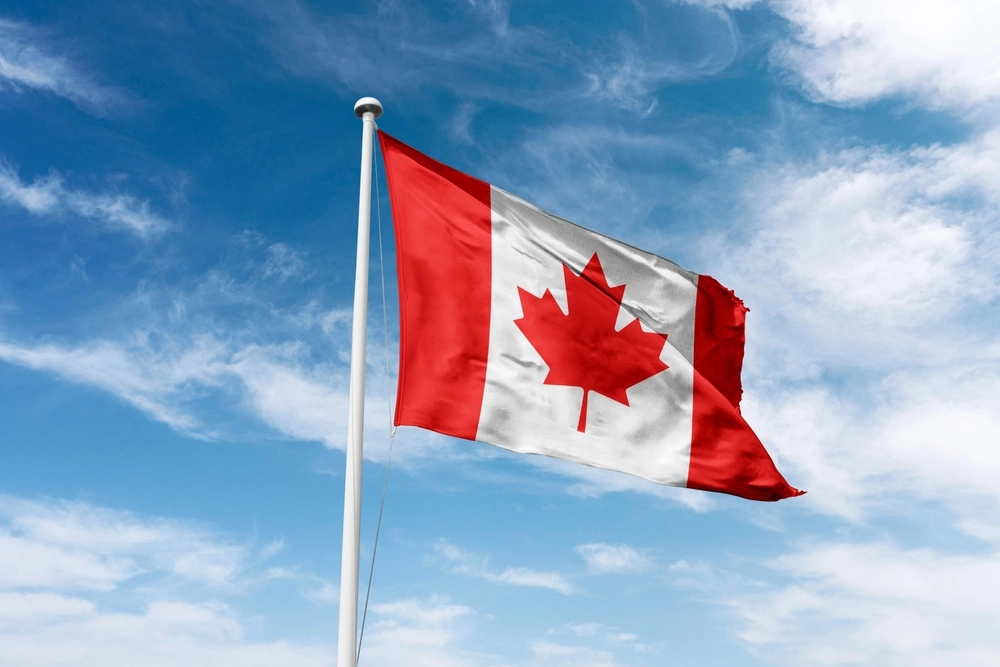
The BIG MAC is one of the most famous burgers in the world. No doubt most readers of this article will have eaten, at least, one! Indeed, one of our partners even worked for McDonalds as a student for many years and made thousands of them.
A recent decision from the EU Intellectual Property Office (EUIPO) demonstrates the importance of ensuring a trade mark registration is put to genuine use and that sufficient evidence is submitted to demonstrate use.
An EU trade mark is vulnerable to revocation if it has not been put to genuine use in the EU for the goods and services covered by the registration within a continuous period five years from the date of registration.
Supermac's (Holdings) Ltd filed an application to revoke McDonald's EU trade mark registration for BIG MAC covering classes 29 (food products), 30 (sandwiches) and 42 (restaurant services) which has been registered since 1998.
Following Supermac's application, McDonald's were required to submit evidence of use demonstrating that the BIG MAC mark had been put to genuine use in the EU. This evidence included affidavits claiming significant sales of the BIG MAC burger, brochures and printouts of advertising posters showing the BIG MAC mark, printouts from McDonald's various websites across the EU showing the BIG MAC mark, and a printout from Wikipedia providing information on the BIG MAC burger.
The EUIPO concluded that the evidence submitted did not prove genuine use of BIG MAC for any of the goods and services covered by the trade mark registration in the EU. The EUIPO made the following points:
- the affidavits showing sales figures did not prove the extent of the use of the mark;
- the mere presence of a trade mark on a website is, of itself, insufficient to prove genuine use unless the website also shows the place, time and extent of use. None of this information was provided in this case;
- the submitted packing materials and brochures did depict the trade mark, however, no information was provided about how these materials and brochures were circulated;
- Wikipedia entries cannot be considered as a reliable source of information as they can be amended by Wikipedia's users.
Overall, the EUIPO decided that the evidence submitted, as a whole, did not provide conclusive evidence that the products marked with the trade mark were offered for actual sale and even if they were offered for sale, there is no data about how long the products were offered for sale. In addition, no evidence at all was provided to show use of the mark in relation to the services covered by the registration. As a result, the BIG MAC trade mark registration was revoked in its entirety pending an appeal by McDonald's against the decision.
Charlene Nelson comments: "What a bizarre case given that everyone knows the BIG MAC – as one of the most famous burgers in the world. This case demonstrates not only the importance of ensuring that trade marks are put to genuine use but also the importance of ensuring, when faced with a revocation action, that sufficient evidence is gathered and filed with the EUIPO in order to defend the action. We would encourage brand owners to review their trade mark portfolios regularly and refile trade marks every five years in order to avoid the need to prove use in any future proceedings".
For further details, please contact Charlene Nelson, Chartered Trade Mark Attorney on +44 (0)1392 685332 or [email protected]













